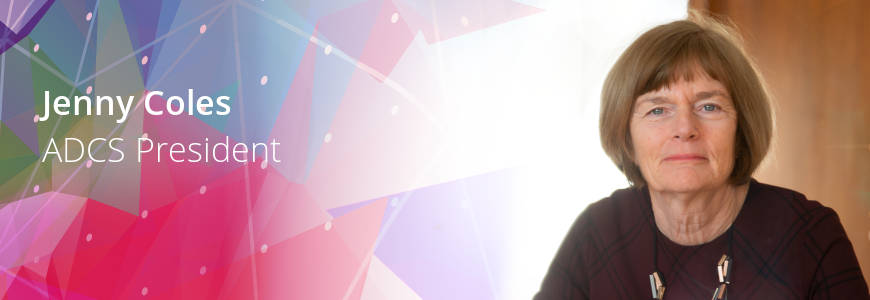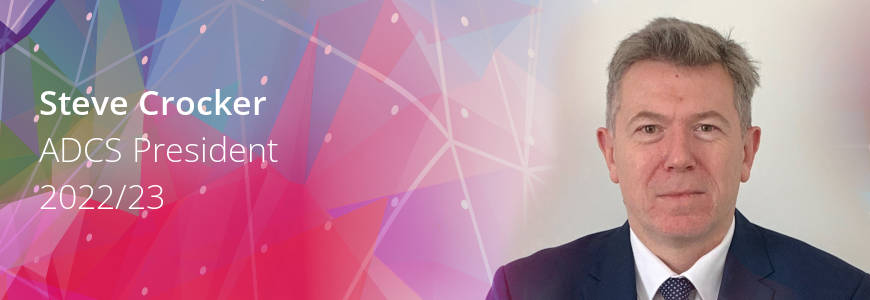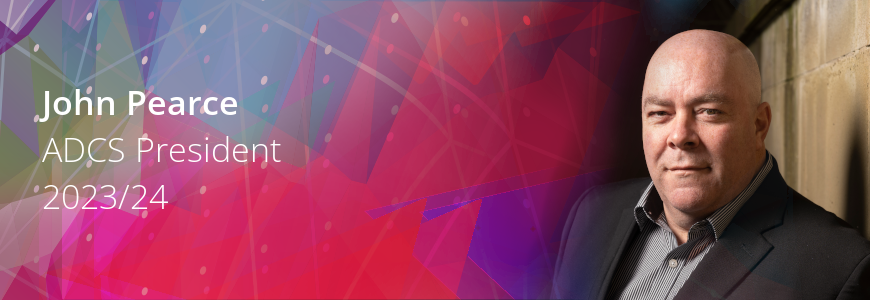Comment: Education Select Committee’s SEND report

Rachel Dickinson, ADCS President, said:
“This report shines a light on some of the systemic challenges that local authorities face as we work hard to implement a complex and underfunded system of reforms. The 2014 reforms rightly raised expectations, required partners to join up holistically to meet the needs of children and young people and extended support from birth to 25 years. However, children’s services were not adequately funded to meet these expanded duties.
“Despite record levels of spending in the SEND system there is growing frustration and dissatisfaction too. This is because funding alone will not solve the system-level challenges we now face in meeting our statutory duties. Issues include: a school accountability system focused on academic attainment above inclusion which means some pupils with low level needs are being pushed out of the mainstream system into costlier, often independent specialist provision as well as the lack of a national workforce strategy. Having the right workforce to meet the needs of children and young people is essential and therapists are an important part of this, but there are shortages elsewhere in the wider workforce that act as a barrier to achieving an inclusive education system.
“Under the reforms local partners are required to develop joint commissioning arrangements to meet the needs of children and young people with SEND. However, it can be challenging for local authorities to engage health partners at a local level. ADCS believes the Departments for Education and Health and Social Care should lead by example, particularly in relation to funding arrangements to reflect their joint duties towards this cohort.
“We are pleased the Committee supports the need for local authorities to open new maintained special schools and welcomes the greater focus on inclusion in the new school inspections regime – the level and quality of SEN support should be a limiting factor in terms of inspection outcomes. Any future inspection framework to measure how local areas are meeting the needs of children and young people with SEND needs to clearly define what good looks like to facilitate the spread of good practice.
“Our shared endeavour must be on improving the experiences and outcomes of all children and young people with special educational needs and disabilities and ensuring no child is left behind.”
ENDS
Related Articles
Pillars & Foundations: Next practice in children’s services - A Think...
In General
Charlotte Ramsden comments on the use of boarding school placements for children...
In General
On 1 April I became ADCS President and I feel privileged to be able to represent...
In General
I was recently struck by a report published by the Institute for Fiscal Studies...
In General
Comment on local authority statutory duties in relation to children
In General
Stuart Gallimore comments on the Marmot Review: 10 years on report
In General
Over four million children in the UK live in poverty (many from working...
In General
The greatest opportunities to make a real and tangible difference to a child’s...
In General
Comment on research on direct payments for disabled children and young people...
In General
ADCS response to the OCC report on out of area placements
In General
Comment on findings from the DfE’s vulnerable children and young people...
In General
Charlotte Ramsden, Chair of the ADCS Health, Care and Additional Needs Policy...





